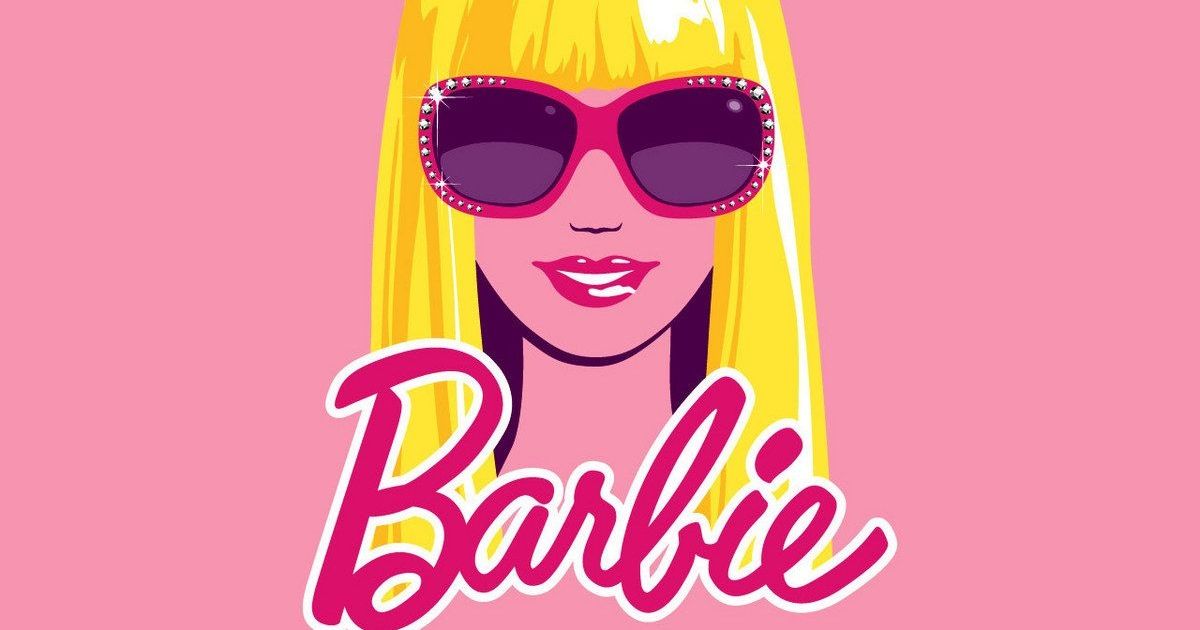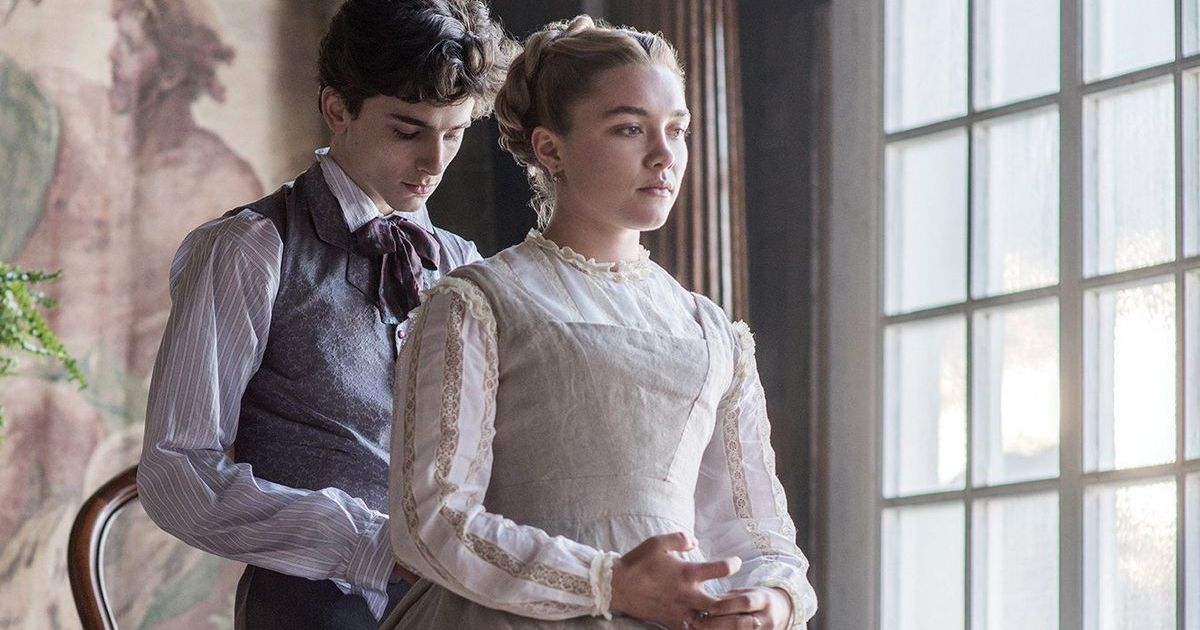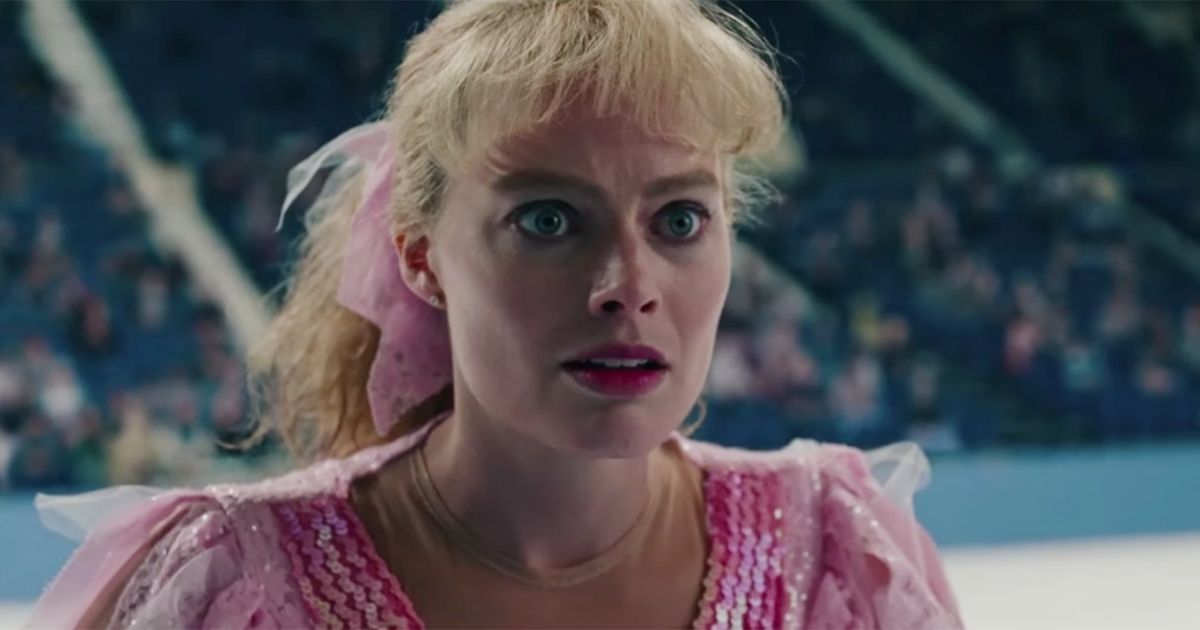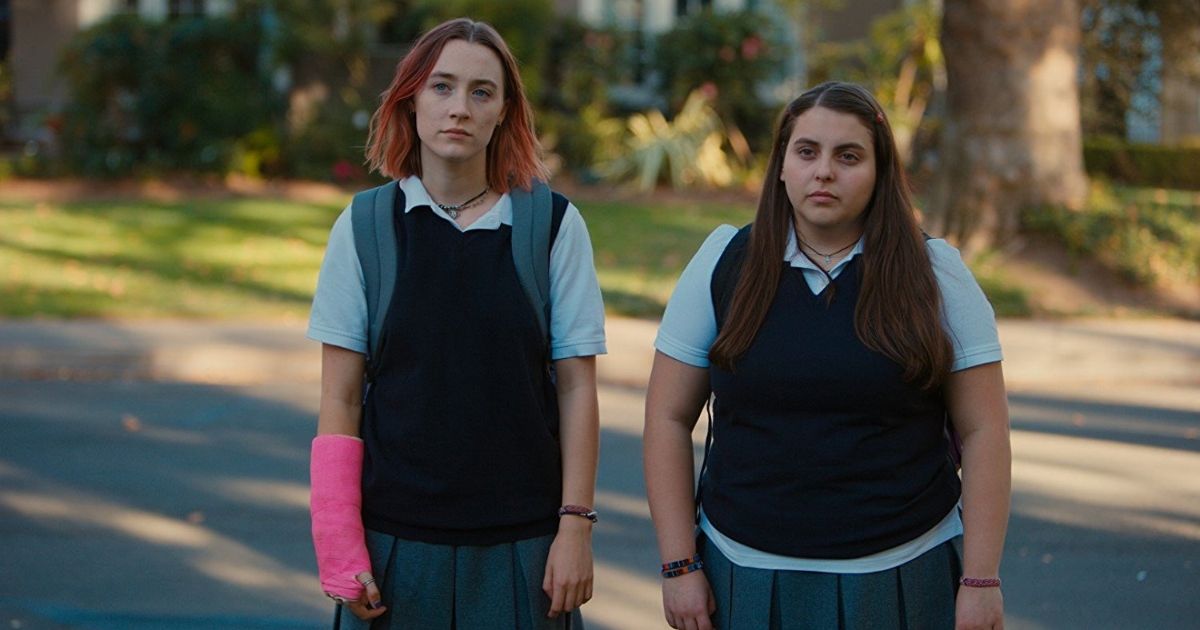When you hear "Barbie," what do you think? The dream house and accessories? The animated films that aired on Nickelodeon? The notion of the Girl Boss? Problematic body image and the unnecessary gendering of toys? Whatever your association, Mattel's most popular fashion doll will soon be associated with an unexpected name: Greta Gerwig.
At first glance, these two female icons appear diametrically opposed: Barbie has been accused of reinforcing sexist gender norms, while Gerwig has made films that challenge what movies about young women look like. The script has been co-written by Noah Baumbach, Gerwig's frequent collaborator and partner. Baumbach's films as writer/director deal empathetically but unsentimentally with dysfunctional intellectuals who struggle to reconcile their inner worlds with outer reality -- a far cry from the wish-fulfillment world of Barbie and Ken.
If these choices seem left field, that's the idea. Producer and star Margot Robbie stated to Vogue that "people generally hear 'Barbie' and think, 'I know what that movie is going to be,' and then they hear that Greta Gerwig is writing and directing it, and they're like, 'Oh, well, maybe I don't.'" This Barbie will not be the figure we've seen in straight-to-DVD films and the Toy Story movies. The character and narrative will be drastically re-imagined by the unexpected collaborators Robbie has surrounded herself with. This is not just a toy-to-screen adaptation: this is Gerwig's film.
With so much under wraps, what can we expect from the upcoming Barbie film? Will Gerwig stick to the spirit of the toy, deliberately subvert it, or take an approach that reveals elements of the character we never realized were there? Below we break down what we know about the film and how Gerwig might approach the material based on her previous work.
Who is Barbie?
American businesswoman Ruth Handler based the iconic doll on Bild Lilli, a preexisting German toy adapted from a comic strip character. The Barbie brand was launched in March 1959 by the Mattel Company and marked a notable shift from toys marketed to young girls, which were primarily baby dolls. Rather than tapping into the role of mother, Barbie represented an adult figure the child could identify with and project their notions of adulthood onto. The rest is history, with Barbie and her companion Ken becoming arguably the most iconic dolls of all time.
Not only did the original Barbie doll launch a franchise of related dolls and accessories, but it also developed into a major multimedia franchise that includes television series, films, video games, and books. Across these iterations, the character has developed a unique persona: bubbly, independent, glamorous, prone to luxuries, entrepreneurial, and true to herself. She loves her boyfriend Ken, but things between the two are not always so smooth, and she is her own person before she's anyone's toy (so to speak).
The character has been lauded and critiqued in equal measure. On the one hand, Barbie represents a self-actualized woman: she knows who she is, what she wants, and lives her dream, but the character isn't exactly a feminist symbol. The doll has been accused of reinforcing negative gender stereotypes and creating an unrealistic physical ideal. Barbie's slim figure, light skin, and pastel fashion have defined what a beautiful woman "ought" to be for generations -- which, for symbols of liberation, is basically a no-go. There is an undeniable hetero normative element to the character, and if she represents a brand of feminism, it is the much dreaded White Feminism. Like her or not, Barbie is an extremely iconic figure, one of the most persistent images of femininity in popular culture -- and it's been merely a matter of time before she strutted her way to the big screen.
The Story
Gerwig's story is completely under wraps. We know that Barbie and Ken will appear -- but the world the film takes place in and its basic plot remain unknown. In media, Barbie has been placed in fantasy worlds, in the genre sense (she is often cast as the princess in famous fairytales) and the psychological sense (her stories sometimes take place in the "real world," but the Barbie World is one of immense luxury and practically no financial concerns). However, given Gerwig's background in grounded character drama, it is unlikely that she will step into an unreal world.
Unlikely, but not impossible: Gerwig has only released two films as sole director, and while there are similarities between the two, they are quite distinct. It isn't out of the question that Gerwig will take a turn into the unexpected -- we know her cinema well enough to understand her fixations, but not necessarily how they will manifest. Barbie could be a significant change of pace for her.
A Barbie feature has been in development hell for years, and there have been various drafts attached to it. More recently, Amy Schumer was attached to the film, with a script by Hillary Winston. The plot would have focussed on Schumer's Barbie being exiled from Barbieville for being imperfect. However, Schumer clashed with producers: the directions she wanted to take the character in deliberately challenged the idea of who Barbie is and what she represents. Whether any of the concepts from that script made their way into Gerwig and Baumbach's is unknown.
Why was Amy Schumer's Barbie rejected while Greta Gerwig and Margot Robbie's received the green light? Will the new film take a safer, less feminist approach to the material than Schumer wanted? Given what we know about those involved, the answer is probably no. The fact that the film is happening can probably be attributed to Margot Robbie's star power and Greta Gerwig's recent winning streak as writer/director.
The Team
Greta Gerwig will be directing the Barbie movie from a script she co-wrote with Noah Baumbach. Margot Robbie will star as the eponymous character, with Ryan Gosling as her Ken. Other cast members include America Ferrera, Simu Lu, Kate McKinnon, Alexandra Shipp, Emma Mackey, and Saoirse Ronan (star of Gerwig's Lady Bird and Little Women).
Robbie is producing the film through her production company LuckyChap, which she founded with Josey McNamara and Tom Ackerly. The company has already produced a handful of hit films, including I, Tonya (2017), Promising Young Woman (2020), and Birds of Prey (2020). LuckyChap's mission is two-fold: to produce movies that seem too dangerous or off-kilter for other companies to green light and back films with strong women behind and in front of the camera.
Robbie and LuckyChap's involvement point to the film's direction: their interest in the Barbie character no doubt comes from her unapologetically "girly" approach to success and independence. Fictional women who are meant to be taken seriously are frequently masculinised or have their femininity downplayed; Barbie is proudly feminine and does not see that femininity as contrary to her success. The more toxic elements of the character (e.g., her very particular and arguably exclusionary definition of femininity) will likely be downplayed or subverted outright.
Barbie, as we know her, is not the kind of character one expects to see in a Greta Gerwig film. Gerwig's characters are frequently clumsy outcasts, ambitious and awkward. Both Lady Bird in Lady Bird and Jo in Little Women fumble confidently (an oxymoron, but one that makes a lot of sense in Gerwig's art), saying exactly what's on their mind, almost hoping to piss people off. This is a far cry from the friendly, popular, and conventionally beautiful Barbie character. What made Greta Gerwig decide to step into the Barbie World?
The Approach
For all surface-level conflicts between Gerwig's ideals and Barbie's, there is an overlap between the director's interests and the character's world. There are many things you can say about Barbie; that she lacks ambition is not one of them. A business owner with a pilot's license, the character clearly has interests and goals that go against the stereotype of the dumb blonde. Greta Gerwig's films focus on femme ambition: the search for success despite overwhelming odds and the prevailing sense that no one believes in you. These struggles for success (or simply "something more") intersect with social parameters: Lady Bird might not get into the colleges she hopes for because her grades are not enough to make up for her family's lack of financial status; Jo has to struggle to get her novel published because it is female-centric, and ultimately has to adjust the ending to include an engagement, placing its lead character more comfortably within social norms. These struggles are about self-actualization -- and it is this notion of adult self-determination that Ruth Handler tapped into with Barbie in the first place.
Though Gerwig's leads tend to be oddballs, she has dealt insightfully with more traditionally feminine characters in her work. Lady Bird's rich pretty friend could easily have been a two-dimensional archetype. She ultimately ends her friendship with Christine because she lies about where she lives, but before that defining moment, she is shown as someone smarter, funnier, and warmer than the high school Mean Girl archetype tends to be. Most of the March sisters in Little Women act in more traditional gender roles, and Gerwig treats their choices and struggles with respect. Barbie will be a different type of protagonist, but not one that Gerwig doesn't understand.
Gerwig is also an ideal choice because her films, particularly Lady Bird, have explored the insecurities and complexes the Barbie character has been accused of reinforcing. Lady Bird is of a slim build but is insecure about her weight and even jokes about wanting an eating disorder; these remarks often occur while she is in the same frame as her best friend Julie, whose body type and weight is much more stigmatized than Christine's. There is an implicit critique of the shame young women feel about their bodies and the way that shame can be passed on by those who experience it. Because of this awareness, it is unlikely that Gerwig will reinforce the more problematic aspects of Barbie.
Barbie is slotted for release in 2023.

.jpg)